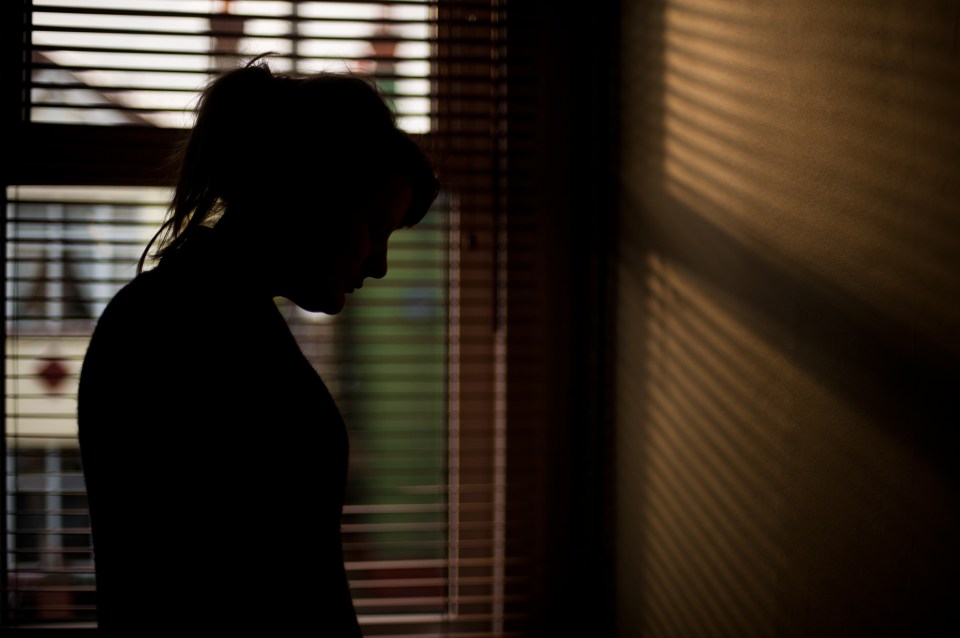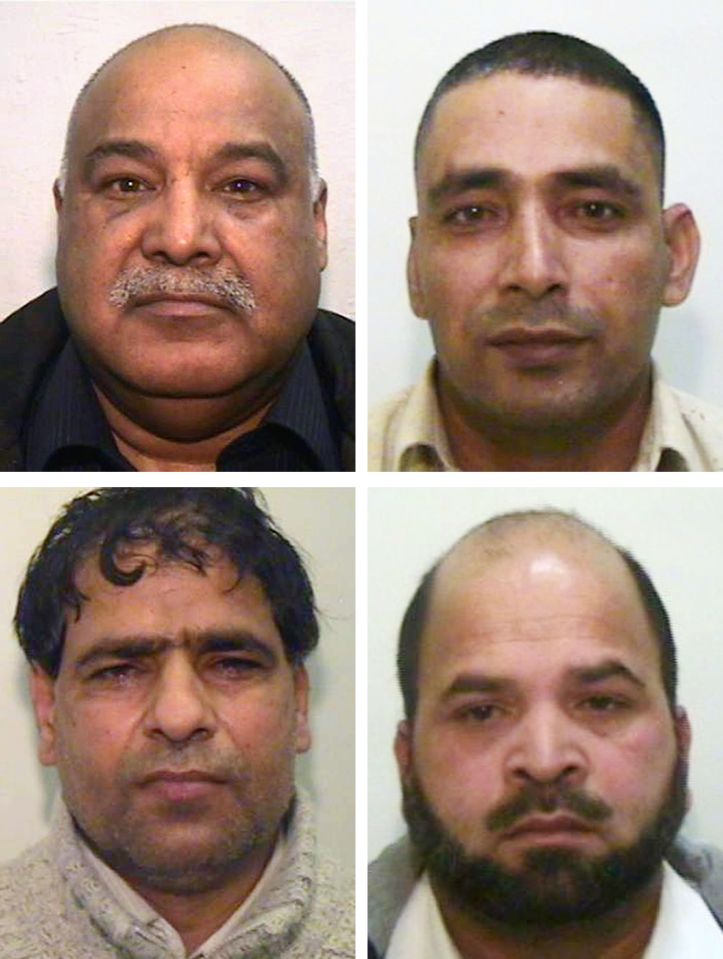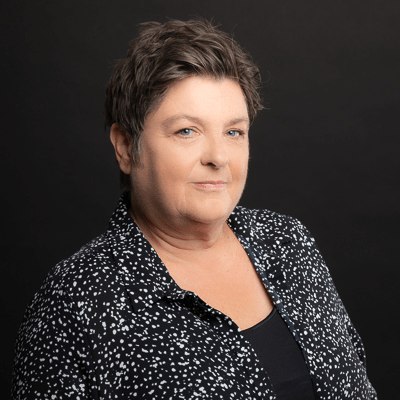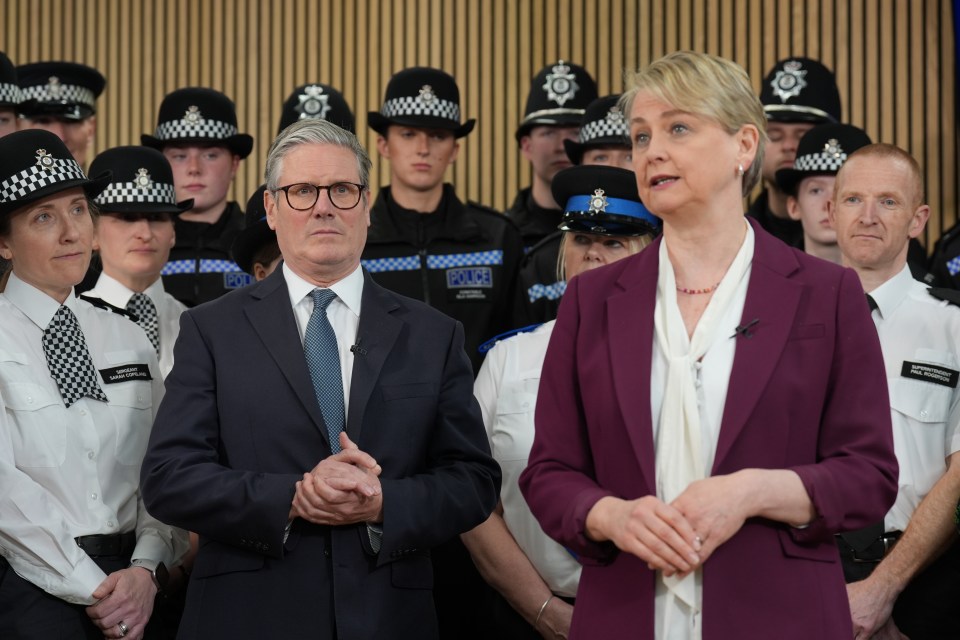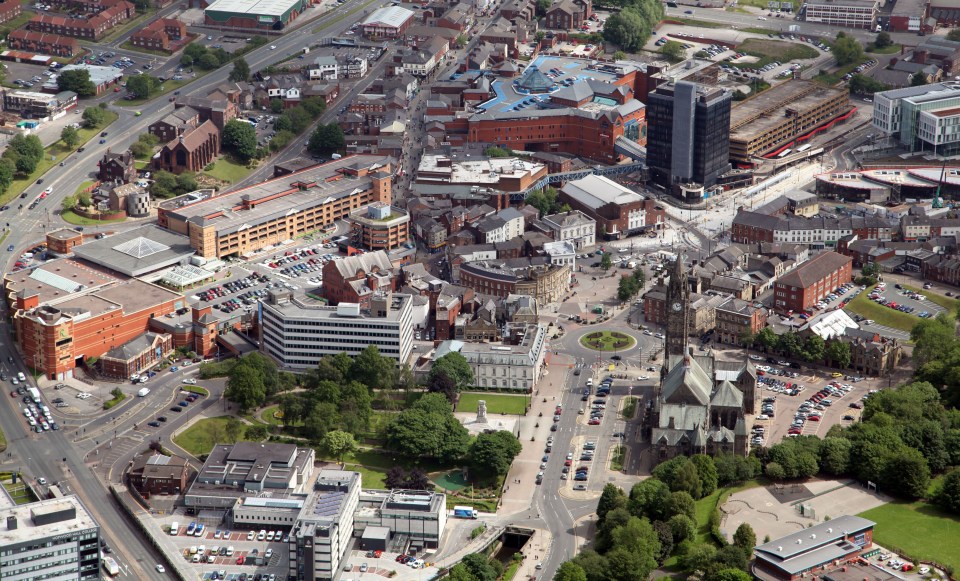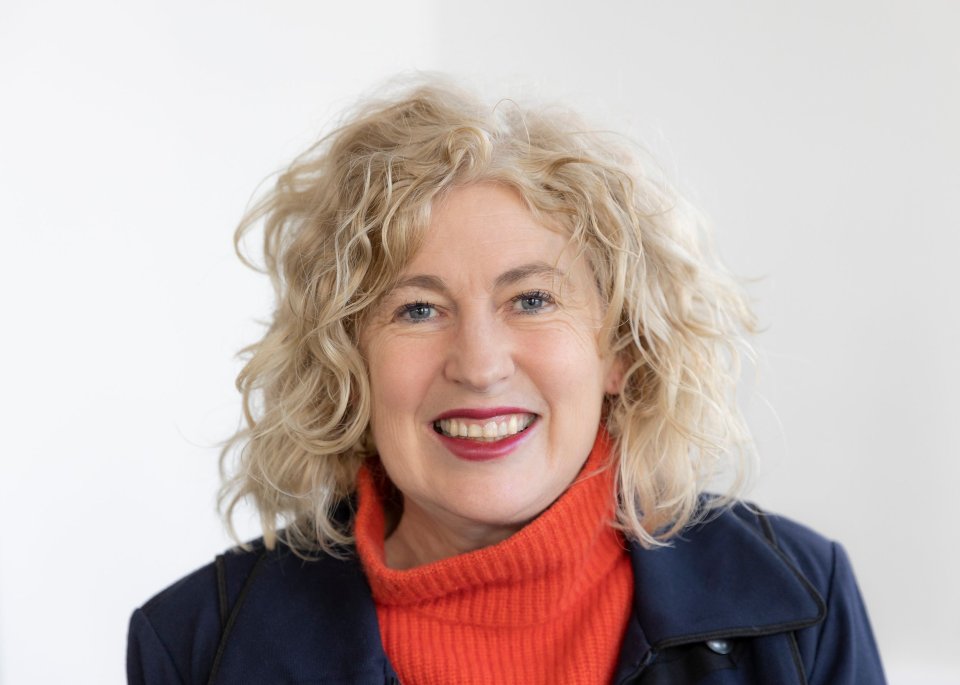IN 2004 filmmaker Anna Hall produced a shocking documentary entitled Edge of the City, which focused on Pakistani grooming gangs targeting young girls for sexual abuse and exploitation in northern towns.
However, transmission was delayed because the then Chief Constable of West Yorkshire Police, was concerned that it might cause “racial unrest”.
Now it’s 21 years later – and Hall is back with an even more shocking film about the same phenomenon: Groomed: A National Scandal.
The organised sexual abuse and pimping by groups of largely Pakistani Muslim men is seen by many as a thing of the past, but the problem has not gone anywhere.
Girls are now being raped and exploited on an industrial scale, and today’s police are not much better at investigating these crimes or locking the perpetrators up than they were back in 2004, when I first investigated the story.
A police contact of mine tells me grooming gangs remain active today, with most of the perpetrators still at large – and this documentary shows that this is definitely true.
Yet this national scandal has been brushed under the carpet for almost three decades.
I recently carried out a months-long investigation into the scandal, speaking to victims past and present, and attending trials at which I heard harrowing details of the sadistic abuse carried out by these men.
These days, initial contact is often through an online platform, which is less risky to the abuser than targeting his victims outside children’s homes or in parks.
Some of the girls (now women in their 30s), who were abused back when I was first reporting on this atrocity, still live in the same towns, and have seen their abusers roaming the streets, clearly targeting young girls.
I have evidence that active gangs are currently operating in Manchester, Telford, Rochdale, Rotherham, Blackpool, Barrow in Furness, and Leeds.
Gang-related child abuse is still very much a reality.
But even today, in spite of the promises of “lessons learned” spouted as each damning local enquiry is published, hardly any resources go into prevention, identifying current situations, or disrupting gang activity.
Class prejudice
The documentary sets out damning examples of repeated and continual failures in protecting victims and identifying perpetrators.
Young girls were treated as “child prostitutes” – and one of the women I interviewed was referred to by a police officer, when she made a statement about being raped by multiple gang members, as “a troublesome slag”.
Many, though not all, of these girls were from troubled, impoverished backgrounds, and when we hear their stories of how they were dismissed and disbelieved, the class prejudice against them is impossible to miss.
And it didn’t only come from the police.
Care home staff watched perpetrators sitting on walls awaiting their victims, then dropping them back in the middle of the night, having taken them to be pimped out in flats around the country.
These girls and women are some of the most vulnerable people in society, yet they have been willing to speak out and seek justice
There was plenty of evidence that these girls were being subjected to serious sexual assault by adult men (such as pregnancies, STIs, and injuries from anal rape) – yet social workers and sexual health professionals chose to put it all down to promiscuity.
Parents tried desperately to get help from the police, spending months collecting car registrations and mobile phone evidence, but were routinely dismissed and disbelieved.
Some of the girls were charged with criminal damage after “kicking off” as a result of the trauma from the abuse, their mental instability exacerbated by the amount of drugs and alcohol they were plied with.
One interviewee in the documentary talks about how, because she had taken a slightly younger girl with her to one of the perpetrators’ parties, she herself was convicted of a pimping-style offence.
As a result, she is still on the sex offenders’ register today, unable to even go on a school trip with her children because she is deemed ‘dangerous’.
State cowardice
The documentary presents shocking evidence of organised groups promoting their ideology on social media, claiming that the girls are lying, that the relatively few convictions (mostly of Pakistani or Iraqi Muslim men) can be put down to a racist conspiracy, and that the girls are ‘prostitutes’.
Perhaps there are conspiracies involved in the failure to get justice for these victims.
One survivor revealed that one of her abusers was confirmed as a Greater Manchester Police (GMP) officer who has since left the force.
She hasn’t heard from GMP since 2021.
The bravery and tenacity of victims who report their abusers, putting themselves at even further risk, puts our government to shame.
These girls and women are some of the most vulnerable people in society, all of them traumatised, yet they have been willing to speak out and seek justice.
If Sir Keir Starmer chooses to do nothing following the broadcast of this harrowing documentary, we have every right to call him a coward.


